An often told, and completely correct, preaching of today’s Gospel reading about the healing of Bartimeus’s blindness would say that this story isn’t about his blindness at all. Yes, it tells of his physical blindness and healing by Jesus, but the reason we have this story today isn’t just to make us feel happy for the blind man; instead it is to point out some kind of pervasive blindness that the man had, and truly, we all have, and the real miracle is that he was healed of that, and that we should reflect on what blindness we have and pray to be healed of that. That would be a perfectly acceptable reading of this Gospel story,
But that there’s this really interesting detail that caught my attention right at the end of the story. It’s a throw-away detail, almost, but it changed what the message was for me. It’s a bit of a play on words that comes when Jesus tells the man, “Go your way; your faith has saved you.” And then it says that it the man received his sight and followed him on the way. So notice the difference: “Go your way” versus “followed him on the way.”
If Bartimaeus had gone his way, as Jesus suggested, he would probably have returned to sitting on his cloak begging for alms. After all, that was all he knew, having done it his whole life. But he had cast that aside in the pursuit of Jesus, and having received sight, he clearly saw that that was the wrong way, and instead follows Jesus on “the way.” Now, it’s important to note here that “The Way” (capital “W”) was an early way that Christians, before they were called Christians, referred to themselves. They would be known as members of “The Way.” So here we see that the real miracle is that Bartimaeus clearly saw that his life lacked the meaning he needed and that the only cure was following Jesus.
That coordinates well with the first reading today. The Israelites were in a bad situation: they had ignored God enough that he allowed their whole nation to fall and be taken into exile. Jeremiah’s message was that they had no one to blame but themselves; that God had punished them for turning aside from the faith, following false gods, ignoring the poor and the needy and the stranger in their midst, and allowing every kind of depravity in their lives. It’s not a very encouraging message, and one can see why Jeremiah was treated so poorly. In this reading, though, Jeremiah relates God’s promise that he would bring them back: back to Israel, back to the Temple, back to himself. Then, even though they departed in tears – as indeed they did – they would return shouting for joy.
So the real miracle here is not one of blindness and seeing, at least not in the physical sense, but instead one of metanoia, which is the Greek word meaning a change in ones life – really a complete reversal – based on a spiritual interior conversion. The Israelites had been going the wrong way, so God gave them over to their persecutors, but because that penance produced conversion, he would bring them back. Bartimaeus had been going the wrong way living a perhaps-pointless life, but through giving himself over to Jesus and trusting in him, he found purpose in following him on The Way.
So we need to come to see also. We have to see what’s going on in our own lives. Have we been going the wrong way? Have we paid little attention to our spiritual life? Have we chosen to live as though our spiritual lives didn’t matter? For me, it can be frighteningly easy to get distracted. It can be very easy to be so busy about the stuff of running a parish that I don’t see what God is doing in my life and in the life of this community. It was good for me to be on retreat this the week before last; in that precious time, I found much grace and rest and heard God’s call to make things new in me and in my ministry here. What is he doing in you right now? Have you been coasting in your spiritual life? Have you paid it little attention? If so, maybe God is calling you to forsake your own way, and give yourself over to following him on The Way.
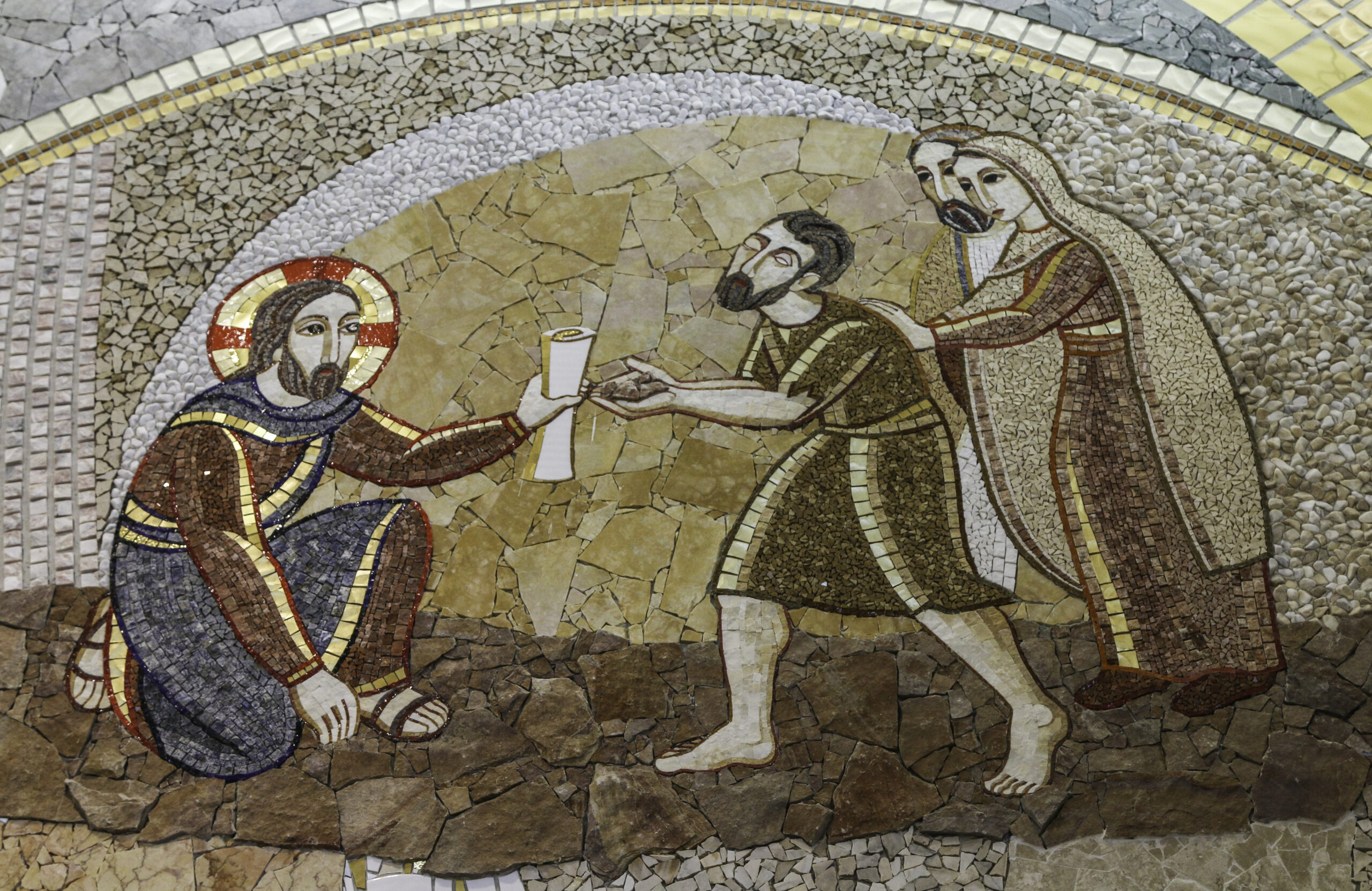
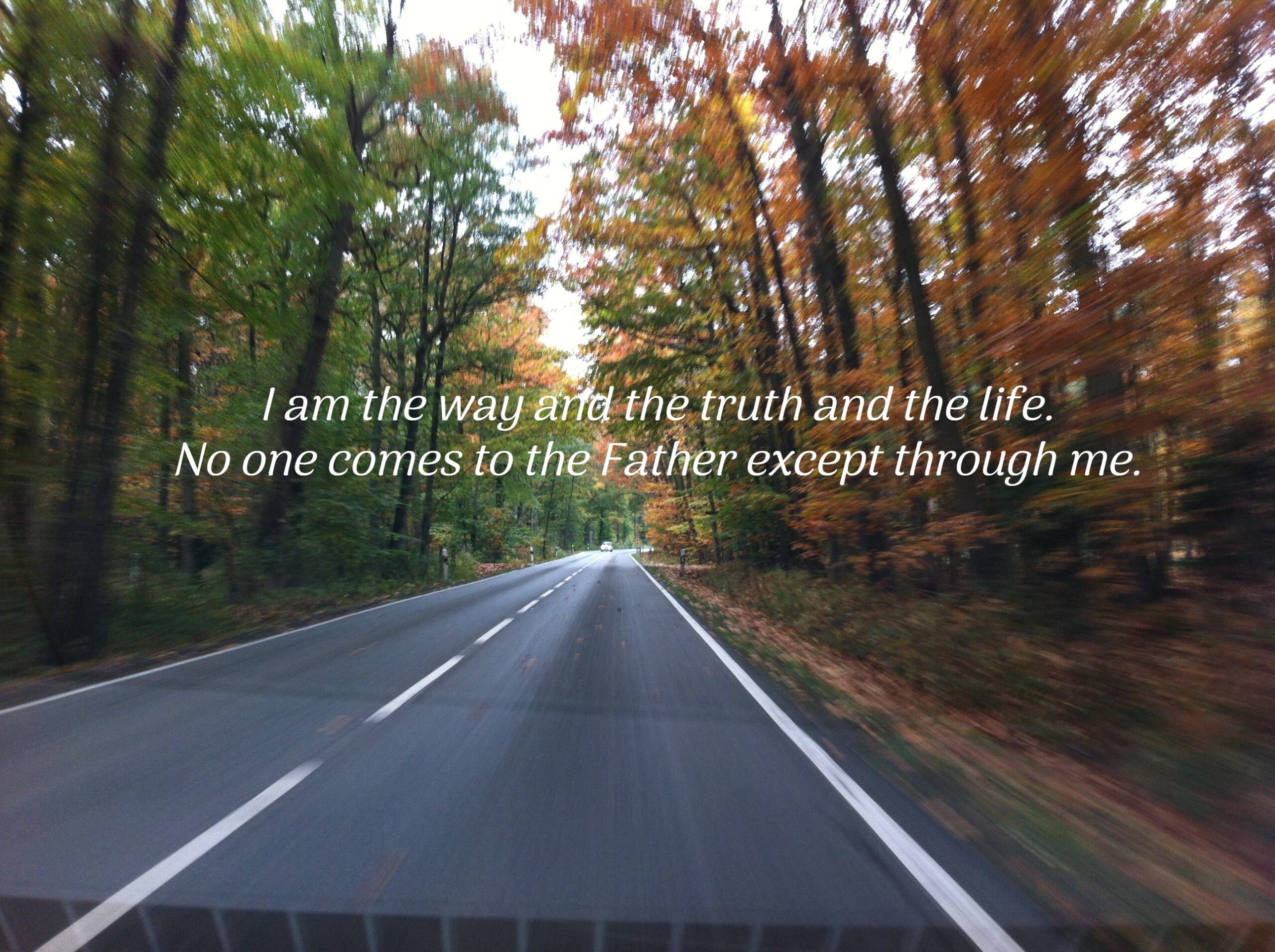
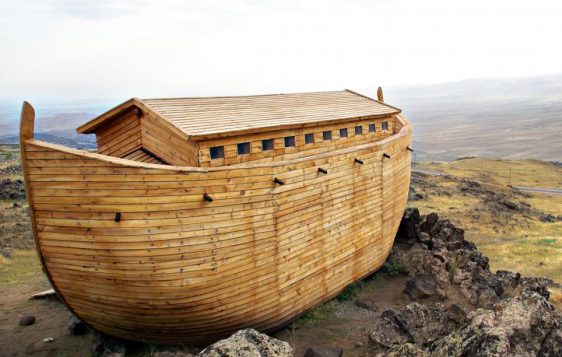
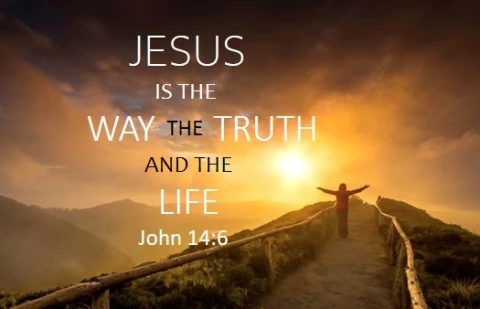

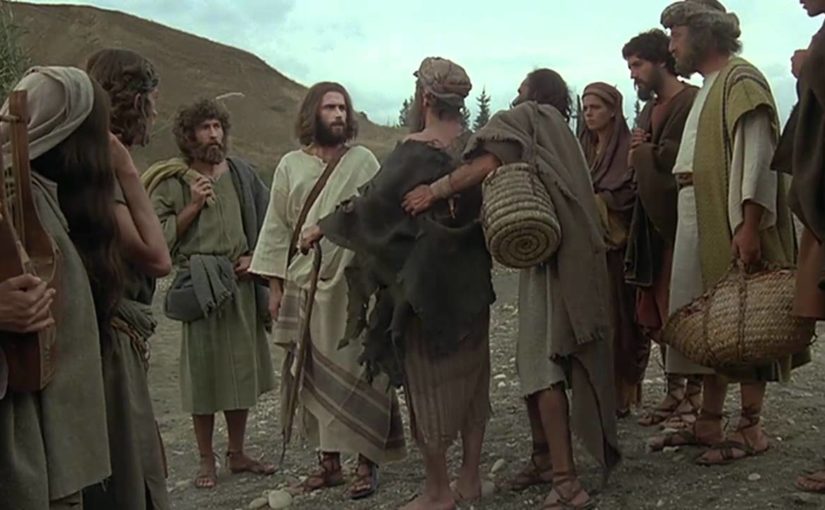
![The Fifth Sunday of Easter [A]](https://father.mulcahy.net/wp-content/uploads/2010/06/cropped-IMG_1212-e1379750321530.jpg)
You must be logged in to post a comment.